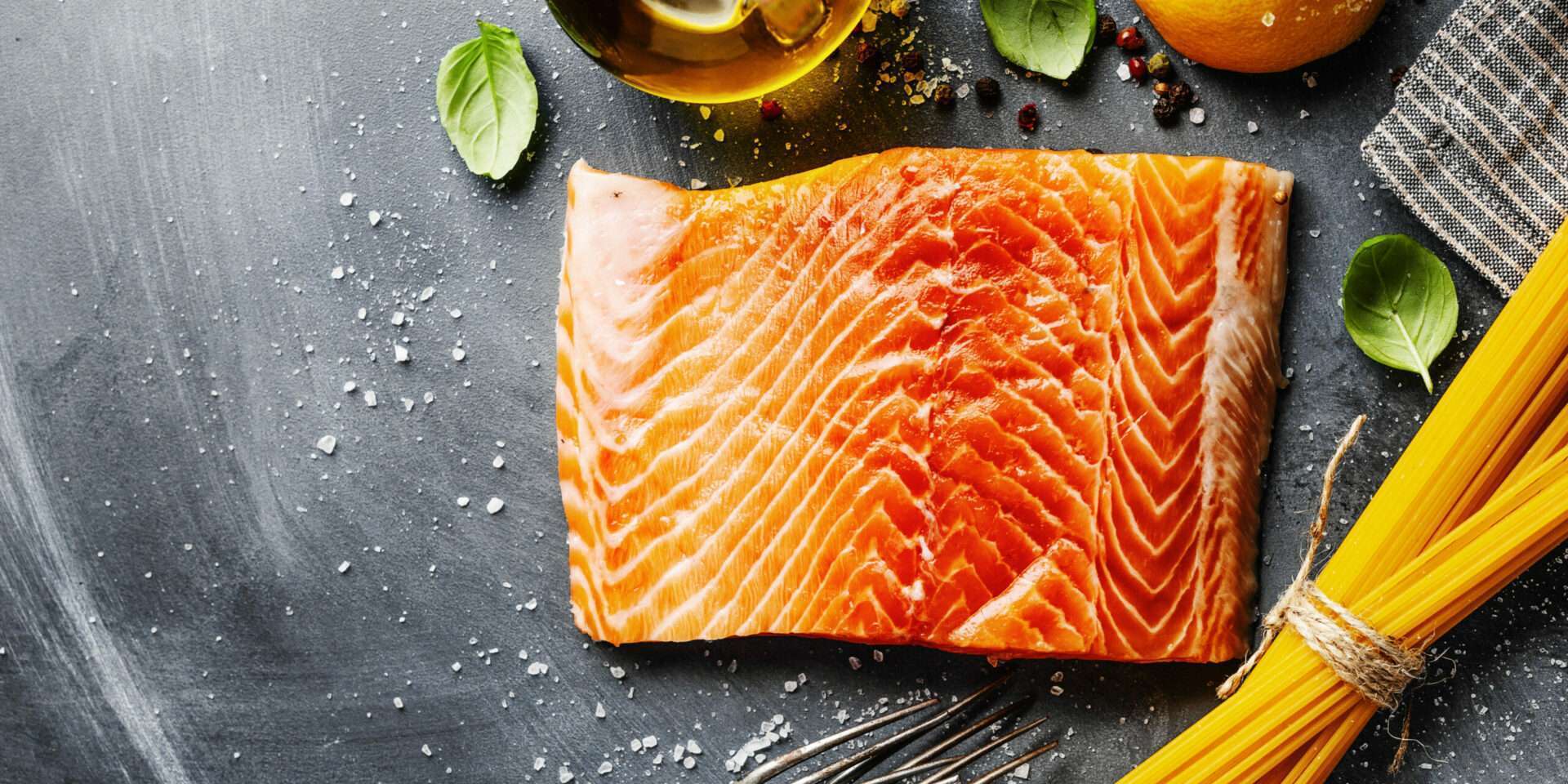Why Magnesium is Important for Your Health
Magnesium, an often overlooked mineral, plays an important role in our diet and overall health. It is involved in over 300 biochemical reactions in the body, making it a crucial component of our daily nutritional intake. A functional medicine doctor near you can help identify the best options for your health.
Magnesium is a key player in our body’s metabolic processes. It aids in energy production, protein synthesis, muscle and nerve function, blood glucose control, and blood pressure regulation. Moreover, it contributes to the structural development of bones and DNA synthesis.
The health benefits of magnesium are countless. Some important examples include that magnesium promotes heart health by regulating heart rhythm and preventing hypertension. Magnesium also aids in sleep regulation due to its role in neurotransmitter release and melatonin production. Furthermore, magnesium has been linked to reduced anxiety levels as it helps maintain normal brain function and mood regulation.
Foods High in Magnesium
While magnesium supplements are available, obtaining this mineral from dietary sources is more beneficial as food provides a complex matrix of nutrients that work synergistically for optimal health. This is why we always say, “Food is Medicine”! Some of the best dietary sources of magnesium include green leafy vegetables, nuts and seeds, fish like salmon, whole grains like quinoa, dark chocolate, and fruits like avocado.
Spinach
Spinach stands out as a nutrient-dense source of magnesium. Besides magnesium, it is rich in iron, calcium, potassium, vitamin A and C which collectively contribute to overall health. Incorporating spinach into your diet can be as simple as adding it to salads or smoothies or using it as a base for dishes like stir-fries or pasta. Not a fan of spinach? Try other leafy-greens like kale for a potent magnesium source.

Salmon
Salmon is not only a delicious source of magnesium but also a powerhouse of omega-3 fatty acids, which are essential for heart and brain health. The best ways to prepare salmon to retain its nutritional value include grilling, baking, or steaming. Pairing it with vegetables or whole grains can make for a balanced, magnesium-rich meal. We recommend always ensuring your salmon is wild-caught versus farmed for maximum nutrient availability and avoidance of potential toxic contaminations. Gross but true: farmed salmon has to be injected with pink dye to give the beautiful color back to the fish, as it has been starved of nutrients the fish obtains in the wild.

Nuts and Seeds
Nuts and seeds are a convenient and versatile source of magnesium, and can be added to your daily diet easily. Almonds, cashews, and pumpkin seeds are particularly high in this mineral. They can be incorporated into your diet as a snack on their own, added on top of salads or yogurt, or used in baking and cooking.

Dark Chocolate
Dark chocolate is a decadent source of magnesium that also offers antioxidants. When choosing dark chocolate, opt for varieties that contain at least 70% cocoa to ensure you’re getting a product high in nutrients and low in sugar. It can be enjoyed on its own or used in baking or smoothie recipes.

Avocado
Avocados are not only rich in magnesium but also packed with heart-healthy monounsaturated fats, fiber, and vitamins C and E. They can be incorporated into your diet in various ways – mashed onto toast, blended into smoothies, added to salads, or used as a base for creamy sauces. We go as far as to say, you can eat them on their own, such as on the side of eggs with simple salt and pepper to taste.

Quinoa
Quinoa is a versatile grain that’s high in magnesium and complete protein. It’s also gluten-free, making it an excellent choice for those with dietary restrictions. Quinoa can be cooked and used as a base for salads or bowls, added to soups or stews, or even incorporated into breakfast dishes like porridge. If you enjoy making meals at home with sides of rice, opt to swap out the rice for quinoa to add variety and nutrients to your dish.

Magnesium Supplements: When and How to Take Them Safely
While food sources are the best way to get magnesium, supplements can be used for convenience or for those with certain health conditions or dietary restrictions. When choosing a magnesium supplement, it’s important to consult with a healthcare provider to ensure you’re selecting a safe and effective product and taking the appropriate dose. There are many types of magnesium supplements, and each has specific uses or affinities. For example, magnesium citrate can be more supportive for bowel activity while magnesium glycinate can be supportive to neurotransmitter function. Our functional medicine provider can help you know which magnesium would be best for you during an in-depth visit.
Magnesium is an essential mineral that plays a crucial role in our overall health. Incorporating magnesium-rich foods into your diet can offer numerous health benefits, from improved heart health to better sleep and reduced anxiety. Whether it’s through nutrient-packed spinach, delicious salmon, convenient nuts and seeds, sweet dark chocolate, creamy avocado, or versatile quinoa, these are some of many delicious and convenient ways to ensure you’re getting enough of this important mineral.
Subscribe to Updates
Get the latest posts delivered to your inbox.





